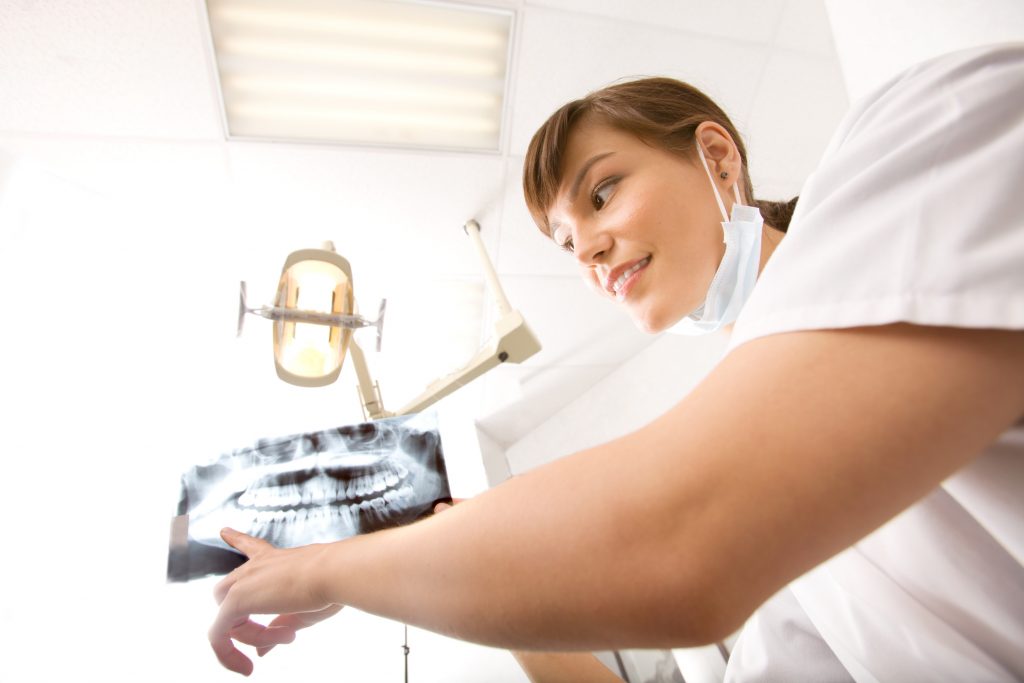Everybody wants teeth with no cavities but the reality is that most people skip the good oral hygiene habits this requires, causing their permanent teeth to be in danger. They are called permanent because they should last for a lifetime but sometimes decay has been there for so long, that dentists don’t have a choice but to pull a tooth out.
However, tooth decay doesn’t only affect your teeth. Here are some of the situations that may end up in a tooth extraction:
-
Dental caries. Dental caries consist of the loss of healthy tooth structure due to the acids that have been produced by bacteria. Bacteria produce these acids when there is a presence of sucrose and other sugars. At first, the cavity may seem very small and sometimes you may not notice it; at the early stages, it can show only as a white spot, but as time passes, the cavity will get bigger and bigger, until you realize you have a hole in your tooth-or sometimes you will notice it because it becomes painful.
-
Periodontal disease. When you notice that your gums bleed often; for example, every time you brush your teeth, it means you are in the presence of periodontal disease. If you don’t visit a dentist near you for your checkups, this disease can end up in tooth extraction. Another sign of periodontal issues is having permanent bad breath. Make sure to pay attention to these situations because you don’t want to end up looking for tooth extractions near you due to gum disease which you could have prevented.
-
Not enough space. You have probably heard about someone that received a tooth extraction because the orthodontist advised them to. This happens when people have little space in their oral cavities, and therefore, the teeth don’t “fit” properly. What will happen is that teeth are going to try to fit, no matter what, which will result in them coming out where-or how-they shouldn’t. Hence, tooth extraction is necessary to keep them well aligned.
-
Decayed wisdom teeth. Because of their place in the mouth, it becomes very hard for people to brush them correctly. These teeth are most likely to get infected, causing a lot of pain. In these cases, and also when their position misaligns the rest of the teeth, the best option is to extract them.
-
Pathologic immune response. Medically compromised patients have higher risks of developing a tooth infection; on the contrary, a tooth infection can increase the risk of heart disease and even diabetes.
If your dentist in Lethbridge has decided that the best dental procedure for you is an extraction, you shouldn’t worry. Nowadays, dentistry has advanced so much and even the most invasive treatments have become simplified.
However, if you haven’t found a dentist yet and you need a tooth removed, simply look for a dentist that performs tooth extractions near you. Extractions performed professionally by an experienced dentist won’t cause you any trouble.
What About After the Extraction?
Normally, you will feel a little bit of pain after the tooth extraction, nothing that a prescribed painkiller by your dentist can’t solve. It will likely be an anti-inflammatory to reduce the swelling. Keep in mind to follow the post-operative instructions to ensure successful healing.
Many dental procedures can save a bad tooth, but sometimes the damage is so extensive that there is no other option but to remove it. If this is indeed your case, we have good news: even with tooth extractions in Lethbridge, you can replace your teeth and restore a natural-looking smile.
